
Hurricane season is a critical period for Puerto Rico, and being prepared can make the difference between safety and danger. In
Have you lost power during a storm or some other weather event?
Have you lost food in the refrigerator because the power has been out for hours?
If so, you may want to consider connecting a Electric generator to your house. In this guide, we will teach you how to do it safely and effectively.
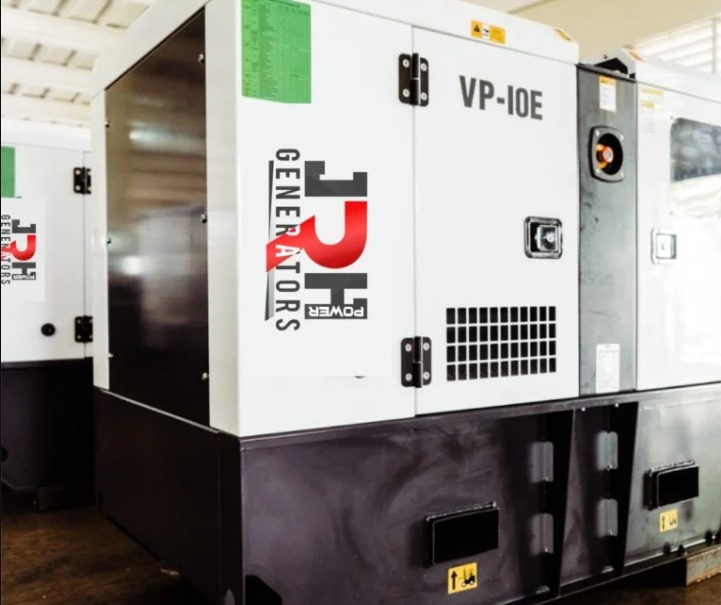
Before starting, it is important to know what an electric generator is and how it works. An electrical generator is a device that converts mechanical energy into electrical energy. The generator has an engine that runs on gasoline or diesel, and once it is turned on, it spins a rotor that is surrounded by a magnetic field, producing electrical energy.
There are two types of electric generators:
Portable generators are compact, transportable devices that generate electricity by burning fuels such as gasoline, diesel, or propane. They are designed to supply power in areas without access to a power grid, being useful in remote locations, camping or during emergencies.
These generators have an internal combustion engine that drives an alternator to generate electrical current, and often have standard outlets to connect devices. It is important to use them safely, follow the manufacturer's instructions, and perform proper maintenance.
Stationary generators are stationary devices that provide backup electrical power in the event of interruptions to the main electrical grid. They are permanently connected to the building via an Automatic Transfer Switch (ATS) and are used in homes, businesses and industrial facilities to ensure a continuous power supply during power outages. They require professional installation and regular maintenance to ensure reliable operation.
Portable generators are a great option for supplying power in places where there is no access to a power grid, such as in remote areas or during emergencies. Here are some key things to know about portable generators:
Remember that while portable generators are useful, it is important to use them responsibly and safely. Always follow the manufacturer's recommendations and consider hiring a qualified electrician if you need to do a more complex or permanent installation.
Disconnecting an electric generator safely is essential to avoid possible risks and damages. Here are the steps to disconnect an electrical generator:
Remember that these are general steps and the specific instructions may vary depending on the model and manufacturer of the generator. Always consult the owner's manual or seek professional advice if you have questions about how to safely disconnect an electrical generator.
Connecting an electric generator to your home carries certain risks, so it's important to follow some safety precautions to ensure proper installation. Here are some safety tips for connecting an electrical generator to your home:
Always remember to read and follow the manufacturer's instructions for your specific generator and be aware of the recommended safety precautions. Safety should always be the priority when connecting an electric generator to your home.
Welcome! In our store we offer a wide range of Electric generators to satisfy the needs of our clients.
If you are looking for a reliable power source for your outdoor activities, construction projects, emergencies or simply to have as a backup in your home, we have the generator perfect for you.

Hurricane season is a critical period for Puerto Rico, and being prepared can make the difference between safety and danger. In

Understanding how a hurricane forms allows us to be one step ahead and prevent the devastating effects of these natural phenomena. Especially in areas
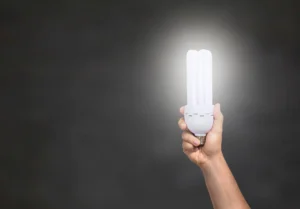
In a world where energy efficiency is increasingly a priority, learning to save energy has become a crucial need for both
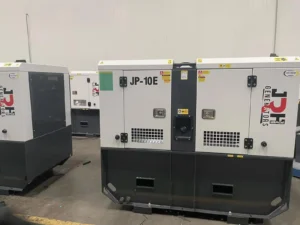
In a world that doesn't stop, the need for a reliable and continuous power source is more crucial than ever. At JRH Power
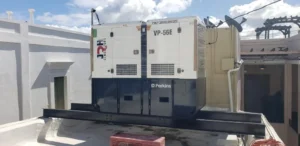
Have you ever wondered how electricity becomes a constant in our lives, even in the most critical moments? At JRH Power
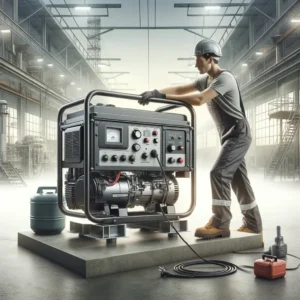
In our modern world, where electricity is vital, power outages are a frequent reality. Know how to connect a generator to the house
Yes, it is possible to do it yourself as long as you follow the proper safety measures and have basic electrical knowledge. However, it is recommended that you consult a professional electrician if you are not sure how to do this.
Not necessarily. It is important that you choose an electric generator that has enough capacity for your needs and that has an output that is compatible with your home electrical outlet. If you are unsure, consult a professional electrician before purchasing.
It depends on the capacity of the electric generator. Be sure to choose a generator that has enough capacity to meet the needs of your home and avoid electrical surges.
It is not recommended to run an electrical generator during a lightning storm due to the risk of electric shock. Wait until the storm has passed and conditions are safe to connect the generator.
It is not recommended. Connecting an electric generator directly to the house without a transfer switch can cause electrical hazards and damage electrical devices.
Yes, you can connect a portable electric generator to the house by following the same steps described in this guide. However, you should keep in mind that portable generators have limited capacity and may not be enough to power your entire home.
It depends on the model and capacity of the electric generator. In general, electric generators can run for several hours, but it is important to monitor them to prevent overheating and damage.
No, you should never connect the electric generator directly to a socket in the house. This can cause electrical hazards and damage electrical devices.